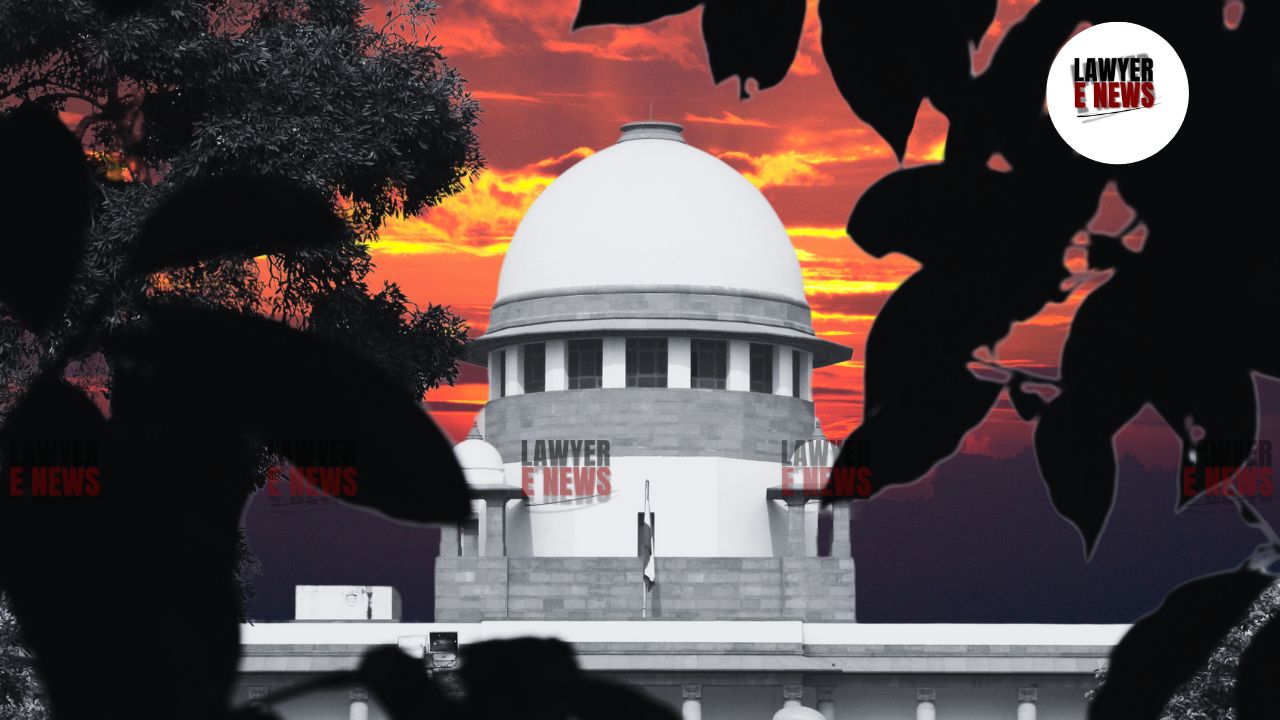-
by Admin
15 February 2026 2:36 AM



"Criminal Proceedings Should Not Be Initiated to Settle Civil Disputes" –Supreme Court of India quashed an FIR that accused the appellant of cheating under Section 420 of the IPC. The Court held that the allegations stemmed from a property dispute and were civil in nature, with no elements of criminal wrongdoing.
The dispute involved a property in Dhargalim Village, Pernem, Goa. The 4th respondent claimed co-ownership of the land and filed civil suits in 2018 seeking a declaration of ownership. In 2020, two years after the initiation of civil litigation, the respondent alleged that the appellant, acting as a power of attorney holder, sold portions of the property without necessary consent. An FIR was subsequently registered, accusing the appellant of cheating and fraud.
The appellant contested the FIR, claiming that only the rights of his principals were sold, and that the criminal complaint was a mala fide attempt to pressurize him amidst the ongoing civil dispute.
The Supreme Court scrutinized the allegations and concluded that the case was predominantly a civil dispute. The Court noted that the appellant acted as a lawful power of attorney holder and that the allegations did not establish the offence of cheating as defined under Section 415 IPC. The judgment emphasized that:
No Criminal Intent or Deceit
The appellant neither misrepresented ownership nor induced the complainant to deliver property fraudulently. The Court referred to its earlier ruling in Mohd. Ibrahim v. State of Bihar (2009), reiterating that a third party who is not directly affected by a sale deed cannot allege cheating.
Civil Dispute in Progress
The Court highlighted that civil suits concerning the same property had been pending since 2018. The timing of the FIR, two years after the filing of these suits, suggested an attempt to misuse criminal law for gaining leverage in the civil dispute.
Suppression of Material Facts
The complaint failed to disclose the existence of pending civil suits, further indicating a lack of bona fides.
The Court ruled that invoking criminal law in such circumstances amounted to an abuse of the legal process. It quashed FIR No. 177 of 2020 and associated proceedings, while clarifying that the judgment did not affect the merits of the ongoing civil suits.
The Supreme Court’s decision underscores the need to maintain a clear distinction between civil and criminal proceedings. It reaffirms that property disputes, unless involving explicit deceit or fraud, should be addressed through civil remedies and not criminal litigation.
Date of decision : January 6, 2025
